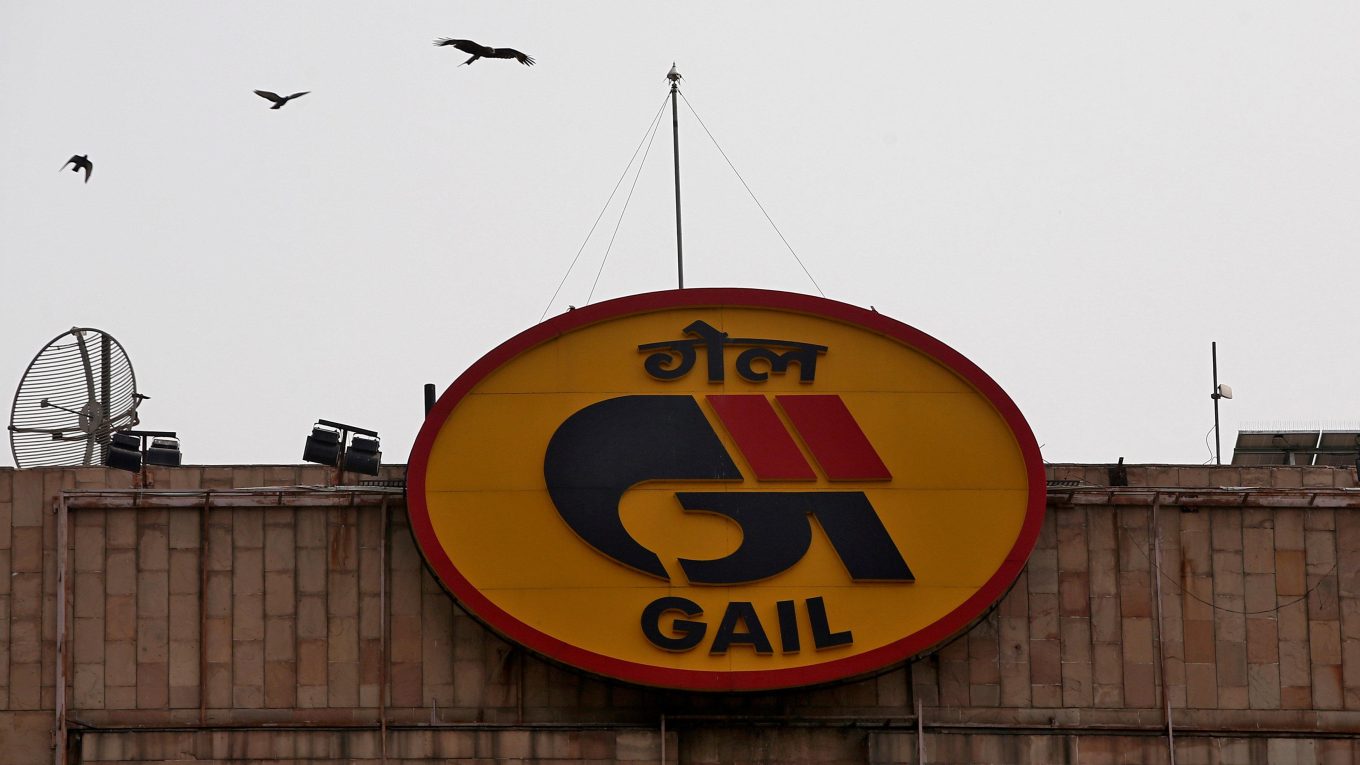Gail initiates legal proceedings against Gazprom for non-supply of LNG
State-owned Gail India said on Friday it had launched legal action against an arm of Russian energy giant Gazprom over non-delivery of liquefied natural gas.
The company’s chairman and managing director SK Gupta said Gil is seeking compensation from Gazprom, but declined to say how much is being pressed.
It has applied for arbitration in London and appointed an arbitrator, Gupta said, adding that Gazprom has not yet appointed its representative.
A September 2022 news report said the central government was looking into the case on a bilateral basis and opposed pursuing arbitration or seeking any damages.
“…we are taking legal action against them to press for certain performance and claim damages,” Gupta told reporters here. “Our application for arbitration has been submitted to the London Arbitration Court.”
He explained that the supply of liquefied natural gas stopped in the wake of the Russian invasion of Ukraine and the sanctions imposed by the West on the country led by Vladimir Putin.
Gill had a partnership with a German subsidiary of Gazprom, and a Singapore-based gas supply company Step Down. Gupta said that after the invasion, the German government seized the company and supplies were disrupted as the German government prevented the company from receiving any shipment from Russia, stressing that this is a purse contract and supplies cannot be stopped in this way.
“…this was a purse contract, but maybe according to their arrangement, the supplies might have come from Russia. That’s why this issue arose,” he said, adding that it was the suppliers’ responsibility to arrange goods from other destinations.
Gupta reiterated that normal supplies had resumed over the past two months, and hoped that would continue.
However, in a double whammy of sorts, Gil is paying higher than the current spot price for supplies because the pricing contract pegs the price to the average of the past nine months, Gupta said.
In 2012 GAIL signed a 20-year deal with Gazprom Marketing and Singapore (GMTS) for the purchase of 2.85 million tons per annum of LNG. Supplies began in 2018 and the full size was scheduled to arrive in 2023.
GMTS signed the transaction on behalf of Gazprom. GMTS was transferred to Gazprom Germania, which is now called Sefe. But in early April last year, Gazprom relinquished ownership of the German unit without giving reasons and placed parts of it under Russian sanctions.
This came in the wake of the West imposing sanctions on Russia over its invasion of Ukraine on February 24. It relied on force majeure and stopped supplies to India from June 2022.
Gupta said on Friday that the force majeure clause was not acceptable to Gill.
Meanwhile, he said Gail India is planning to borrow up to Rs 7,000 crore in FY24 to finance the Rs 10,000 crore capital expenditure plan it has.
He added that although FY ’23 was not good for internal resource generation, it had invested Rs 9,100 crore, which was 15 per cent higher than the budgeted levels.
He was confident that FY24 would be strong on the internal resource generation front and there would be no problem in continuing capital expenditures.
The company’s Chief Financial Officer RK Jain said that given the current scenario in global finance, borrowing will be done locally rather than in global markets.
He said that in line with SEBI’s mandate, a quarter of the loans will be in the form of bonds, while the remainder will be bank loans.
Presently, the company’s total long-term debt is Rs. 9,800 crore and the new bank loans will be for a period of more than five years.
He added that he is in the domestic market to raise borrowing worth Rs 1,500 crore at the moment.
Gupta also said that the company is seriously looking into entering the field of solar energy components, and will look at all options, including tie-ins.
It is also confident of starting green hydrogen production in the same 2023 calendar year.
The company is also considering getting into an ethane cracker, but plans are still on the drawing board.
Gupta said he would not look into monetizing pipelines because oil and gas companies are able to gather the necessary resources from the markets.
(Only the title and image for this report may have been reworked by the Business Standard team; the rest of the content is generated automatically from a shared feed.)
